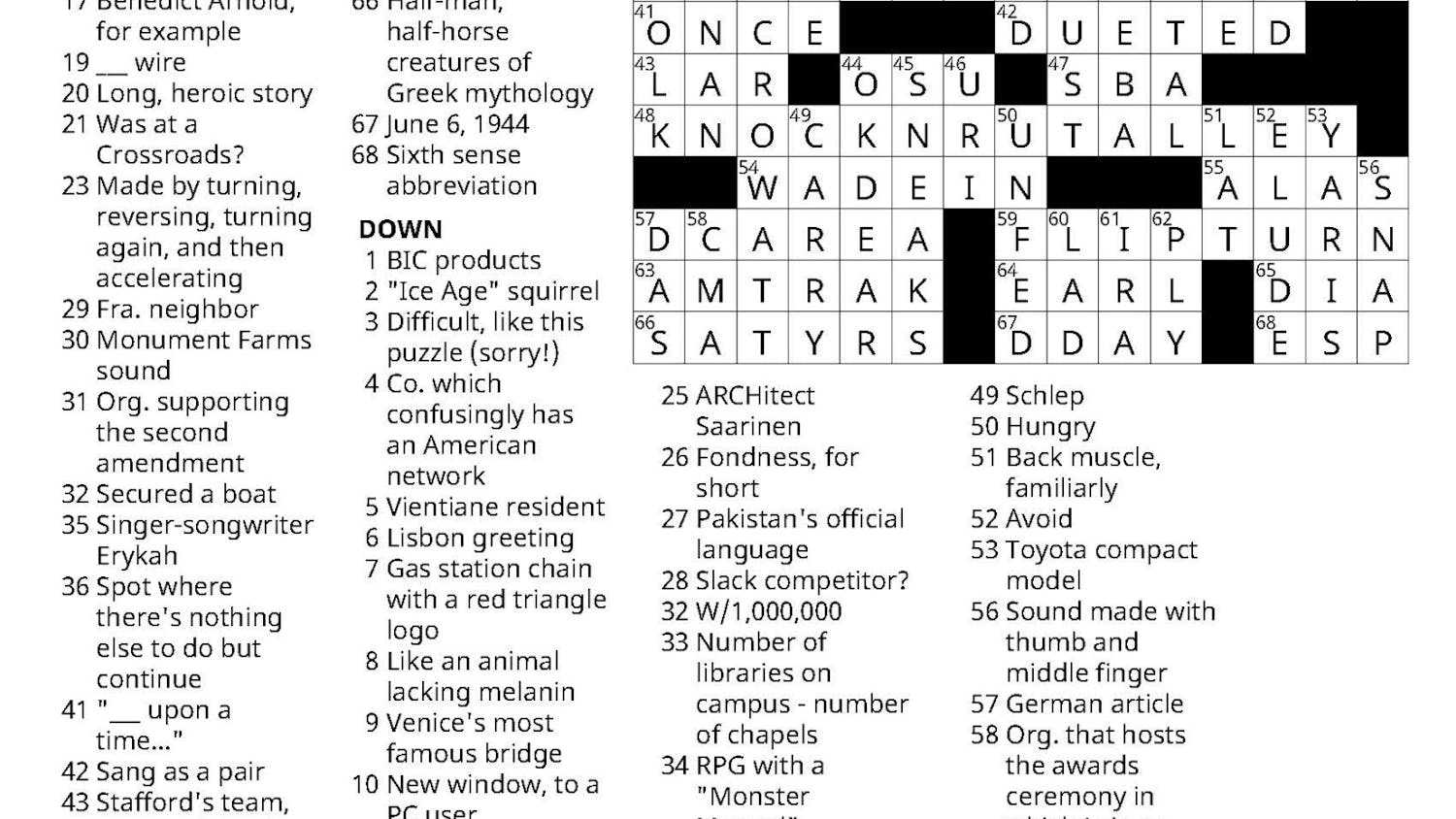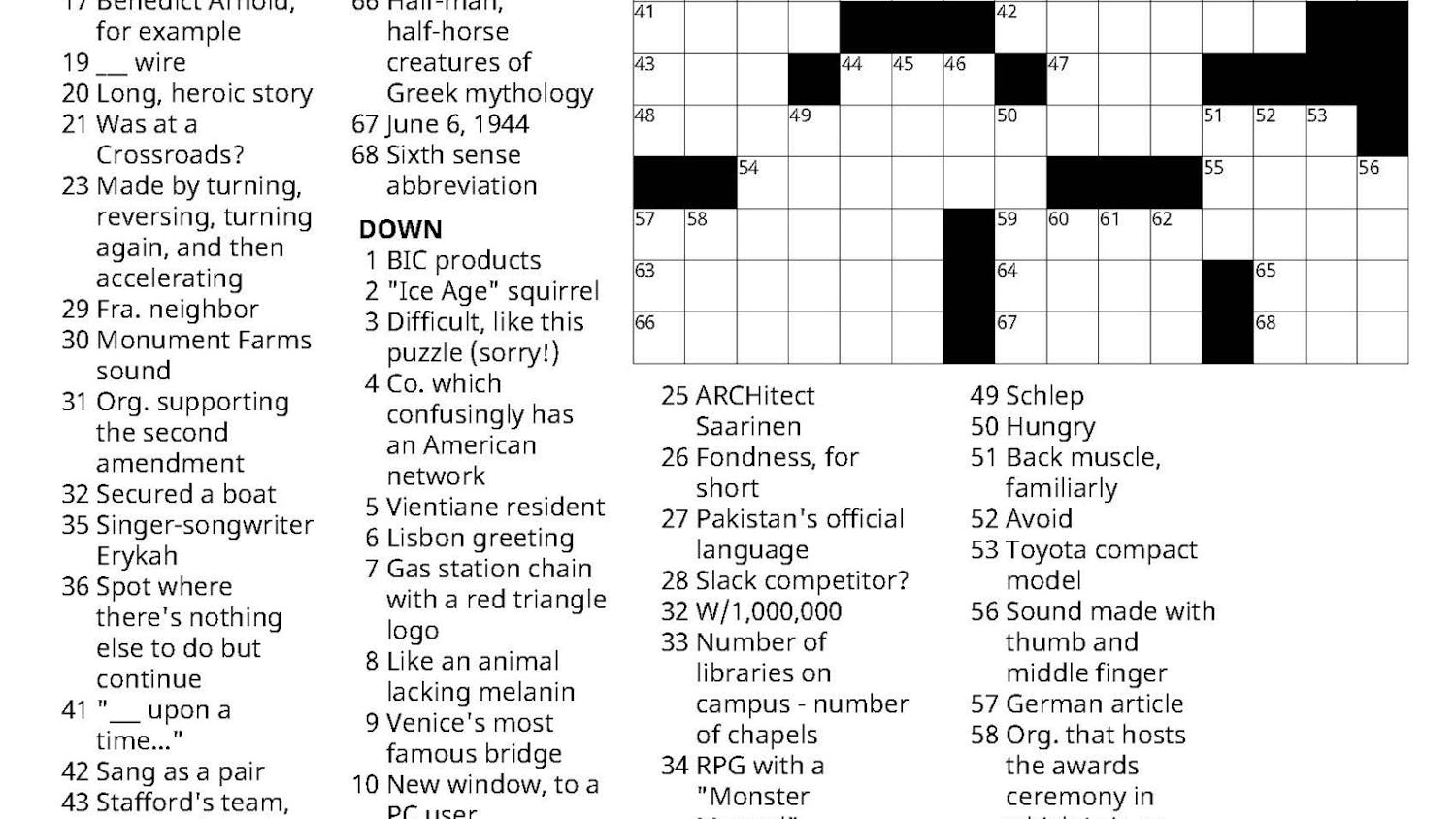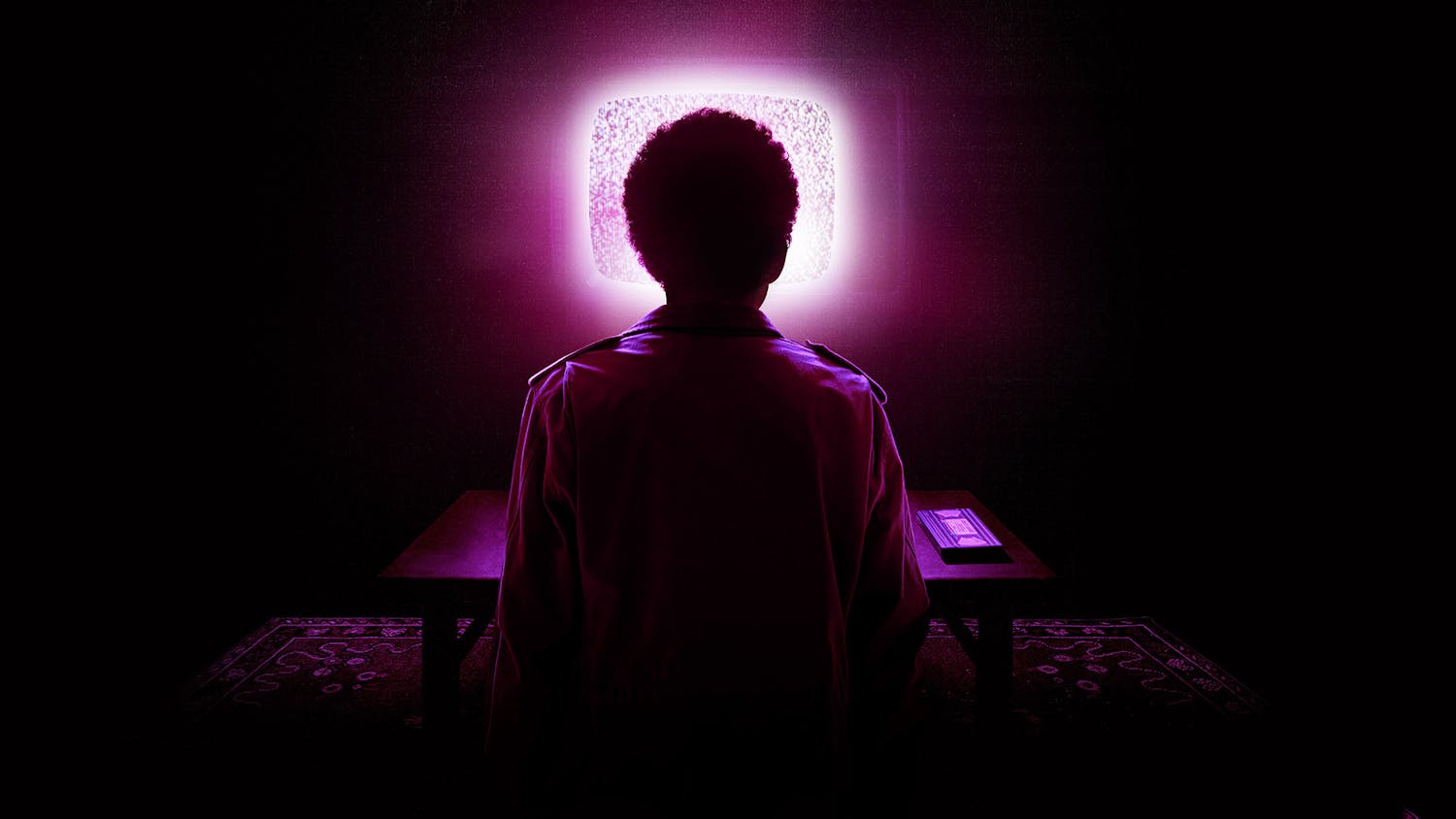Friday, April 8 will mark the debut of a performance quite unlike any Middlebury College has even seen. MOVE, a performance art piece masterminded by Adam Kritzer ’11, integrates elements of theater, dance and audience interactivity. But that’s not all: it will be staged in The Mill, where — in a series of 13 performances spread out over Friday, Saturday and Sunday — groups of a dozen audience members will be guided through several different rooms as the play progresses.
The piece concerns the story of the MOVE Organization (or simply MOVE), a radical, neo-primitivist group that inhabited several compounds in Philadelphia in the 70s and 80s. After years of tense relations with the Philadelphia Police Department, a seige of the MOVE row house in West Philadelphia’s Cobbs Creek neighborhood culminated with a police helicopter dropping a C-4 bomb on the house. The explosion killed MOVE founder John Africa as well as 10 other adults and children (only two members survived) and incited a blaze that destroyed 65 houses. Kritzer’s script covers the years between MOVE’s founding in 1972 and the 1985 firebombing.
An ambitious story to tackle, no? The Campus sat down with Kritzer and his collaborator Christian Morel ’11 to discuss this brutal narrative and their inventive adaptation of it.
Middlebury Campus: How did you originally hear about MOVE?
Adam Kritzer: Two and a half years ago I was living in Brooklyn. I made an off-handed joke to my buddy about destroying a building in Brooklyn, and he said, ‘Oh, like the MOVE Organization.’ I said, ‘What’s the MOVE Organization?’ and he proceeded to tell me that in 1985, after several years of terrible relations with the police in Philadelphia, there was this organization that had been firebombed, and it was a big part of Philadelphia’s cultural history.
MC: What was the mission statement of the MOVEment, so to speak?
AK: They described themselves as a ‘revolutionary family,’ they were anarcho-primitivists who wanted to return to a hunter-gatherer society, and they used to stage demonstrations at zoos, and circuses. They used to poop in their yard, and use that poop as compost, and they created an entirely self-sustaining home based on things that had grown out of their s**t. Can I say s**t in the newspaper? Because the MOVEment is all about s**t.
MC: What inspired you to turn this story into a piece?
AK: What drew me to the project was that, as I started to do research, I couldn’t figure out who was ‘right’ in this situation, because both sides seemed very guilty — I don’t think the state handled it in the right way, but I don’t think the MOVE Organization as an extremist group really handled it in the right way either. I became fascinated with the question of, if it’s bad on all sides, what good can be taken out of this situation, what can be learned?
MC: Is that why you call it a parable instead of a play?
AK: Yeah, that’s why I call it a parable. I think that more can be learned from thinking about what happened and how it can be avoided then by choosing sides.
Christian Morel: And that’s why we're giving it two endings; because we want the audience to figure it out for themselves, or come to their own conclusion.
AK: It was originally written as a ‘Choose Your Own Adventure’ — it’s actually undergone several different forms. I wrote it first as a screenplay, and that didn’t work, and I wrote it as a musical, and that was a bust. So I shelved it for a while, and then I went to see Christian’s dance performance — the RIDDIM show last spring. Then I realized that this sort of movement was what my approach to the story had been lacking. Because ultimately the MOVEment is a celebration of the body, of the self, and of life. And that’s very much what dance is, and that’s what Christian brings to dance especially. So I think I approached you that night…
CM: Yeah, you did, you approached me that night and said, ‘I need to speak to you about something.’ And I figured it was about some project or something along those lines.

I was a bit concerned at first because of the number of things I’m committed to already, but the story sounded so compelling that it sparked my interest, and I wanted to try something
different before I left. I never really got to do theater here, and this was kind of like theater on my own terms, in a way, because it’s more of a ‘dance-ical’ than a musical.
AK: I think that a good way to think of it — theater on our own terms. Because I’ve never taken a playwriting course, or even been in a play before. And I’d say that’s true of most of our cast.
MC: Is there any precedent for this sort of thing, at Middlebury or out in the real world?
AK: This is very new for Middlebury.
CM: It’s new to Middlebury for a couple of reasons — for the content and because it’s an all-African-American cast; that was part of what sparked my interest, as well. I’ve never seen anyone do something like that in the theater department here. It’s also not just theater, and not just dance — I think we’re trying to make it more along the lines of a performance art piece.
AK: There are a lot of things that are informed by traditional theater … but I think this is a direction some theater might be moving, in it becoming more like performance art. Theater is unique in that it’s the art form, outside of the live performance of music, that has the closest relationship between audience and artist. You can’t pause a play, or talk to your friends
during it; especially this, which is so interactive that the audience is so small. They really become part of the play, as the jury in a court case in the second act.
MC: I imagine the staging of this has happened in real time, in a way, with things changing as you rehearse them. Could you talk a little about the process of directing and choreographing this?
AK: Well, I should talk a little bit about how we originally moved down into The Mill.
MC: Was that the original plan?
AK: No, it wasn’t. I had written the play to be put on in any normal theater. I guess the Hepburn Zoo, but really any standard theater. But it was so hard to get a good time at the Zoo because of all the senior work going on. Christian and I sat down and we said, ‘We’re not g
oing to get a space in the Zoo. What’s the most outlandish place on campus we could possibly stage this? What about the Mill?’
CM: And we thought, you know, that’s not that crazy. We live there, and it would only be a weekend, so I’m sure we could figure that out with the rest of the house members. And because we live there, we can manipulate it in any way we want—
AK: We can put s**t in the house if we want…
CM: It’s just totally under our control.
AK: When we realized this, the space really opened up for us, and we realized how good a space it would be for this. It took a little bit of thinking, and I had to go back and revise the draft so that it could work in the Mill. But it’s really the same play, the form just changed a bit. What great is that all the obstacles that have come up and changed the play have made it a better piece than it would’ve been without those obstacles.
Ramona Africa, the sole adult survivor of the 1985 firebombing, will be in attendance at one of the Friday performances, and at a potluck/discussion at 8 p.m. following the performances. Ticket-holders, non-ticket-holders, students, faculty and members of the community are all welcome. The social and philosophical implications of the events will be discussed, and having Ramona Africa in attendance promises to make it a memorable event.
MOVE also features Alexandra Vasquez ’12, Cameron McKinney ‘14, Christo Grabowski ’12, Peter Walker Kaplan ’13.5, Napol Wills ’14 and Phil Gordon ’11. It is being co-produced by Emily Rosenkrantz ’11, Claire Sibley ’13 and Nerissa Khan ’12, with tech assistance provided by Matt Cherchio ’11, Thom Corrado ’10.5 and Reilly Steel ’11.
Spotlight On... Adam Kritzer '11 and Christian Morel '11
Comments



